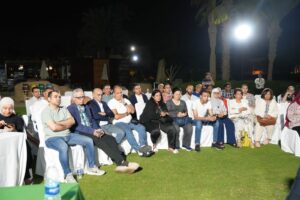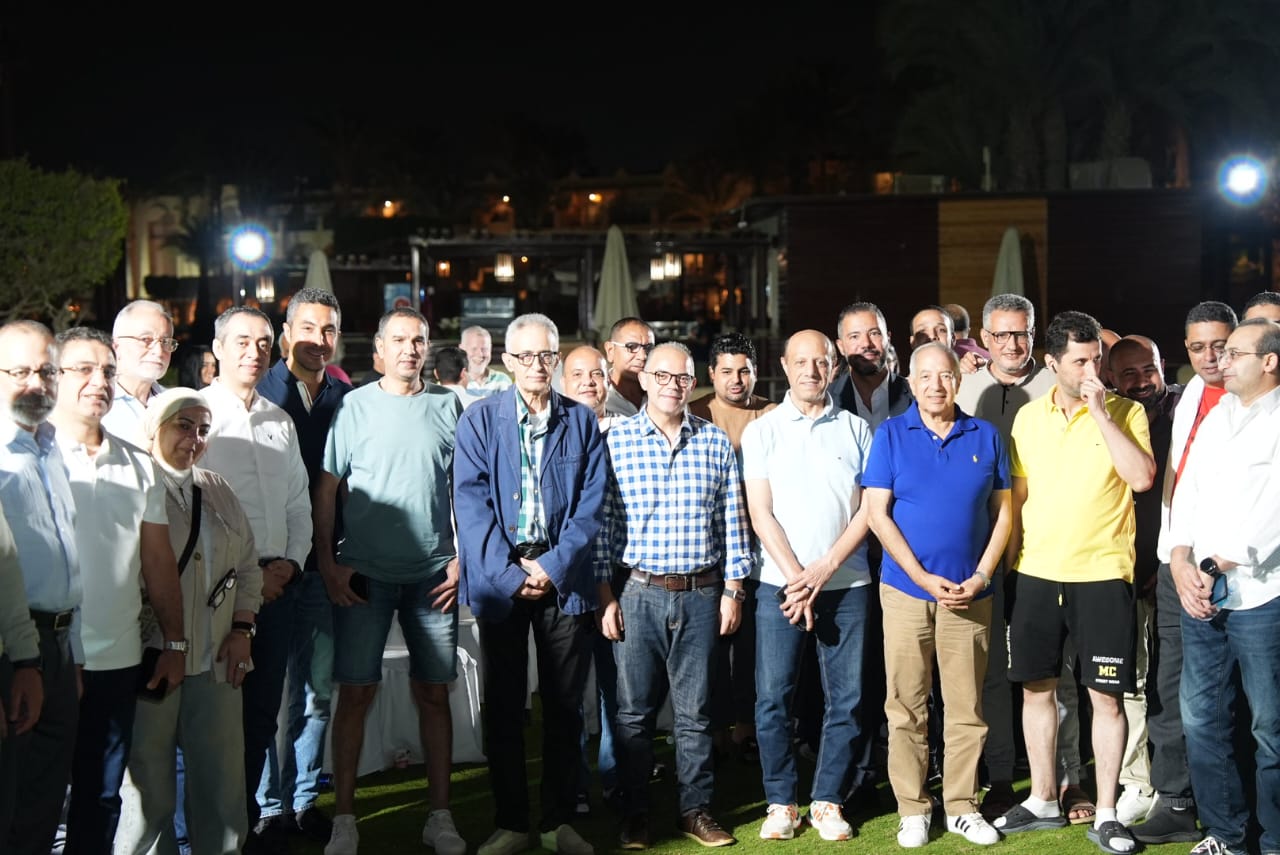- The Authority convened a meeting to acknowledge journalists’ essential contribution to enhance financial literacy in non-banking sectors including capital market, insurance and finance.
Dr. Mohamed Farid – FRA Chairman:
- Long-term cumulative saving and investment are key factors in creating a prosperous middle class over the long run and supporting the national economy.
- The Stock Exchange, insurance and non-banking finance sectors offer diverse financing, investment and insurance solutions critical to achieve national economic and social development goals.
- Regulating all financing and investment activities is essential to safeguard stakeholders’ rights, ensure market stability and enhance standards for risk measurement and management.
- A long journey of continuous development and reform is still ahead to bolster the national economy.
- Enhancing investment management efficiency of private insurance funds increases benefits for subscribers and retirees.
- The true challenge is not just introducing new tools, but building an integrated system with a developed legislative structure and sound governance practices.
- Press serves as a vital partner in both formulating economic development plans and successfully driving their impact.
- FRA appreciates and values your efforts in raising public awareness and shedding light on all developments.
Dr. Mohamed Farid, FRA Chairman recently met with economic editors during a two-day training workshop. This meeting acknowledged the pivotal role journalists play in enhancing and disseminating public knowledge about the non-banking financial services supervised by FRA, including capital market, insurance and non-banking finance. The workshop presents the latest performance indicators and review the Authority’s extensive reform agenda.
Key reforms highlighted include launching financial derivatives and market maker mechanisms, establishing a short selling system (securities borrowing for sale) and developing the insurance sector. Furthermore, FRA is focused on innovation and sustainability, having launched the first regulated Voluntary Carbon Market in Egypt and Africa and inaugurated the Regulatory Sandbox for financial innovation, all while continuing its essential efforts to raise awareness and promote financial literacy.

In his address, Dr. Mohamed Farid emphasized that non-banking financial services are a primary engine for the national economy. These services – offering diverse financing, investment and insurance solutions – are vital for achieving Egypt’s economic and social development goals. He added that long-term cumulative saving and investment are key factors in creating a prosperous middle class over the long run.
Dr. Farid specifically highlighted that fostering an increase in long-term savings and broadening the scope of financial, investment and insurance inclusion will enhance the national economy’s ability to secure local funding, ultimately reducing dependence on foreign financing.
FRA Chairman stressed the importance of regulating and legalizing all non-banking finance and investment activities. This rigorous oversight is crucial for protecting stakeholder rights, ensuring market stability, and strengthening levels of risk management and measurement.
Dr. Farid outlined the Authority’s extensive reform agenda, beginning with the capital market, where major recent initiatives include launching derivatives, establishing market maker mechanisms and implementing the short selling system. Turning to the insurance sector, he stressed the necessity of enhancing investment management of private insurance funds. This is crucial for directly boosting returns and benefits for both subscribers and retirees. He clarified that these funds are regulated schemes with independent legal status, designed to offer essential insurance and social benefits, such as additional pensions, savings benefits and healthcare.

Furthermore, Dr. Farid emphasized that regulating consumer finance and SMEs finance was vital for formally integrating these activities into the mainstream economy, thereby extending credit to all citizens and achieving broad financial, investment and insurance inclusion.
He asserted that FRA’s development and reform efforts are ongoing, requiring a sustained focus to support the national economy. A key component of this journey is the development of Egyptian Accounting Standards which is a pivotal step that helps companies accurately reflect their financial status, leading to sound financing and investment decisions. This development has involved a comprehensive overhaul, from applying the fair value principle to asset valuation to new standards for real estate investment and equity.
Moreover, Dr. Farid pointed to the success of metals investment funds (mainly gold), an innovative structure that has drawn over 200,000 investors with net assets surpassing EGP 2.7 billion by the end of August. He concluded by noting that regulating digital real estate investment platforms offers accessible and secure ways to invest in property shares, reinforcing the idea that digital transformation and innovation are core pillars for realizing comprehensive financial, investment and insurance inclusion.
Dr. Farid asserted that the true challenge transcends merely inventing new tools; it lies in establishing an integrated system. This robust framework must include a developed legislative structure, sound governance practices and financial transparency to enhance market confidence among all participants.
He noted that Egypt has made tangible progress in recent years to improve its legal and regulatory environment. Regulatory bodies are now more cooperative with companies that adhere to the law. Furthermore, there is clear governmental support aimed at facilitating companies’ registration and handling regulatory requirements. This support reflects Egypt’s growing recognition of the pivotal role startups play in stimulating economic growth and creating essential job opportunities.
Dr. Farid detailed FRA’s commitment to institutionalizing innovation, ensuring it moves beyond individual efforts to become part of a sustainable, integrated system. This commitment drove the launch of initiatives like the Regulatory Sandbox which supports nascent ideas and turns them into viable projects. He made it clear that the regulator will only accept technological advancements if they are fully compliant with essential regulatory dimensions, including listing rules, trading requirements, “Know Your Customer” (KYC) mandates, and database integration. He pointed out that the Authority’s vision is that technology represents the future of all non-banking financial services.
FRA Chairman concluded by affirming that press is an essential partner in promoting economic development plans and generating a positive social impact. He underscored the Authority’s deep appreciation for the vital role journalists play in raising public awareness and effectively shedding light on developments within the non-banking financial sector.
Last modified: October 26, 2025
